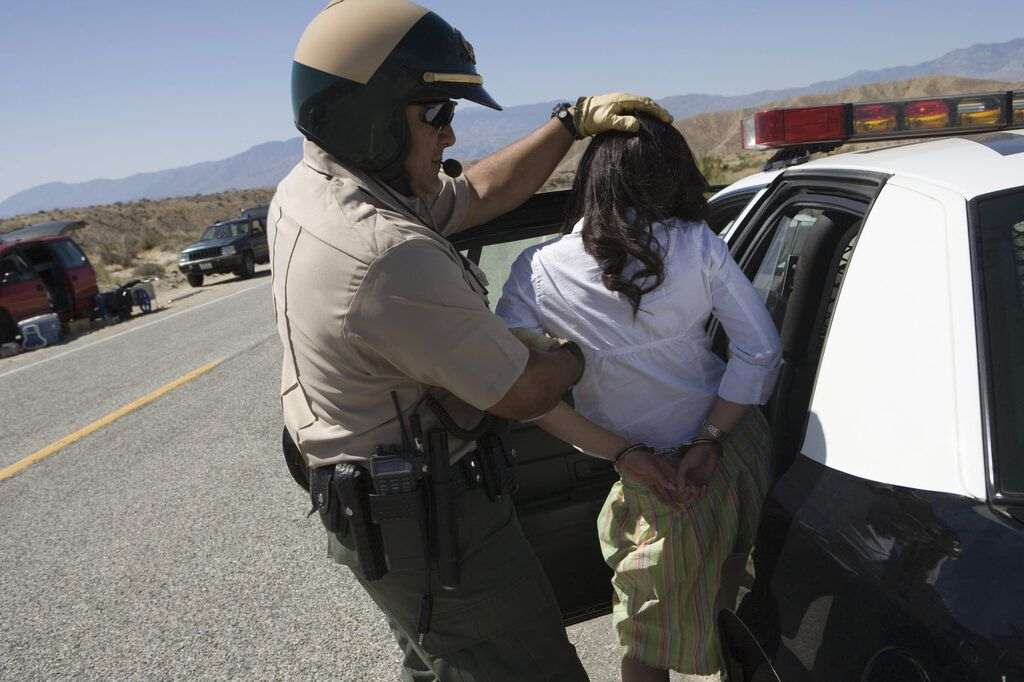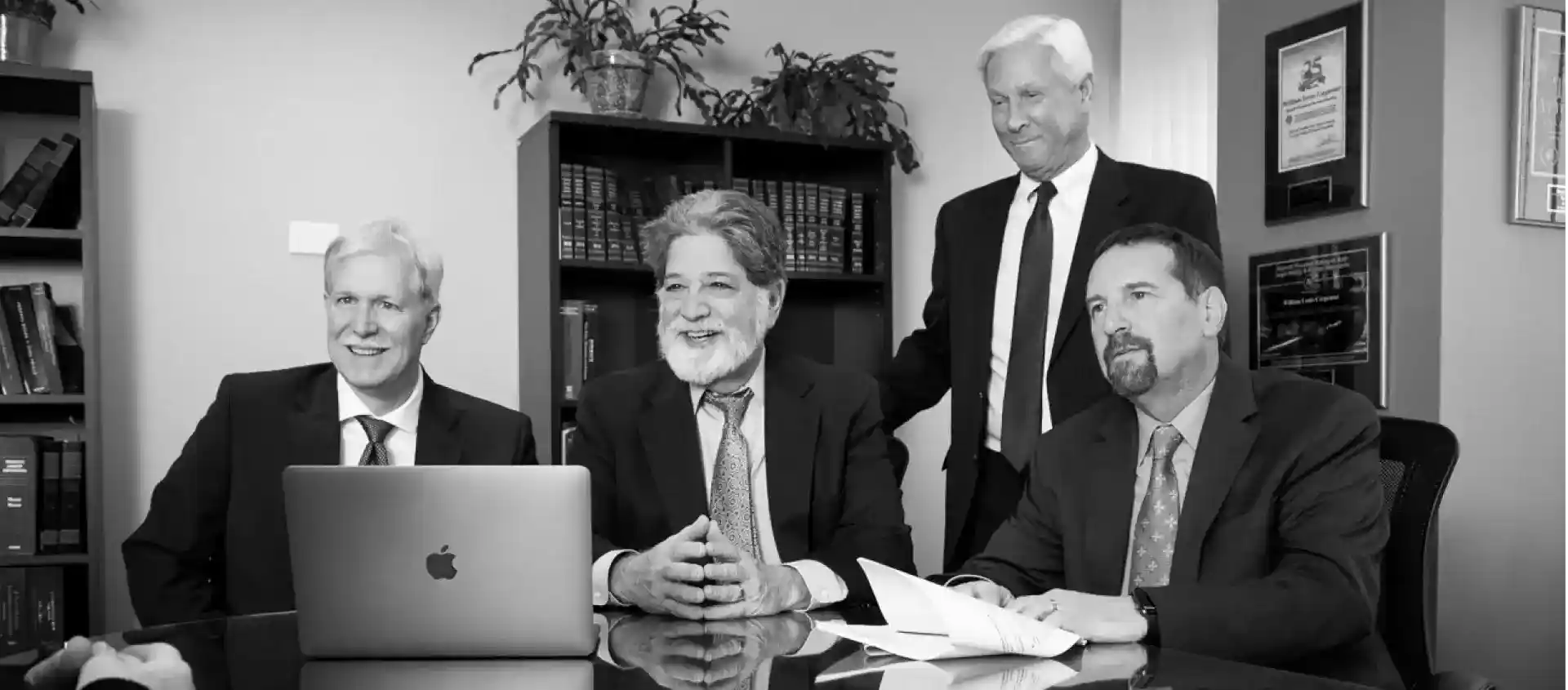
Police are generally not able to stop a motorist unless there is probable cause for it. In the event that a motorist is stopped without probable cause, any evidence obtained from it would be thrown out and any charges would likely be dismissed.
DUI checkpoints in Colorado are a common sight, especially during holidays and weekends when people tend to consume alcohol and drugs more frequently. The state has a legal right to create these checkpoints to ensure the safety of its citizens by detecting and removing impaired drivers from the roads.
When it comes to DUIs in Colorado, some of the probable causes that could warrant a traffic stop include a traffic violation, a defect in the vehicle’s safety, or an erratic or abnormal driving pattern that indicates the motorist could be under the influence of drugs or alcohol.
However, the United States Supreme Court has also recognized that drugged and drunk driving both pose serious threats to public safety and, therefore, DUI checkpoints are the exception to the probable cause requirement so long as the stop is fair.
That said, it is possible for a sobriety checkpoint to be considered illegal under some circumstances.
When Checkpoints Become Illegal
The Colorado Department of Transportation (CDOT) has a specific set of guidelines for setting up constitutional roadblocks. This includes:
- It poses as little convenience as possible to drivers
- It must have consistent and non-discriminatory procedures that dictates how vehicles are stopped
- Drivers must be given an adequate warning that they are approaching a checkpoint
- It must be adequately supervised and staffed
- It must be in a safe location
- It must be publicized in advance
If these guidelines are not complied with, it does not automatically render the sobriety checkpoint illegal. The issue of its legality will depend on the severity of its non-compliance and which guidelines were violated. In Colorado, the following violations could potentially make a roadblock or checkpoint unconstitutional:
- The department does not have official procedures for roadblocks
- The roadblock was a traffic hazard
- The method used for selecting which cars to stop was not unbiased
- There was either no advance warning or an inadequate warning of the sobriety checkpoint
- There were inadequate signs of official authority, such as uniformed officers or police vehicles
- The procedures used for DUI breath testing were unreasonable and inconvenient
- A drug recognition expert (DRE) was not present at the site
What Can the Police Do at a Checkpoint?
In Colorado, a law enforcement officer can ask you to step out of your vehicle to take a field sobriety test or to take a preliminary alcohol screening breath test.
However, keep in mind that these tests are optional and that you can decline them without legal consequence. If you agree to take either of these tests, the results of the field sobriety test can be used as evidence that you drove while under the influence of alcohol.
If you are 21 years of age or older, the preliminary alcohol screening breath test would not be admissible except to establish that the officer had probable cause to arrest you.
In the event that you are arrested, you will be required to take an evidentiary breath alcohol test or an evidentiary blood test. If the officer suspects that you have been using drugs, you will be required to take a blood, urine, or saliva test.
DUI Criminal Defense Attorney in Denver
If you are facing DUI charges, you need to retain skilled legal counsel as soon as possible to ensure your rights and future are effectively protected.
At Gerash Steiner & Blanton, P.C., our criminal defense attorneys in Denver are dedicated to providing fierce legal advocacy for every client who seeks our help. We understand that this is a stressful and overwhelming time, so reach out to our team today for the assistance you deserve.
Get started on your case today and contact our law firm online or call us now to request a free initial consultation with one of our knowledgeable legal professionals.

